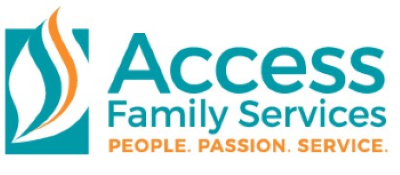Intensive In-Home Services
Overview:
Intensive In-Home services consist of an intensive family preservation intervention intended to stabilize the living environment, promote reunification of the family and/or prevent out of home placement of the child or adolescent. Individual therapy is provided to increase the person’s capacity to handle emotions, make decisions, monitor safety, and reach future goals. Additionally, intensive family work is a pivotal component of our model in order to support caregivers, improve family interactions, and increase overall family functioning. Relational patterns are explored and improved through intensive family treatment, enabling caregivers to be more responsive.
Goals:
- Improve individual and family functioning.
- Increase communication, problem solving, emotional regulation, and behavior control.
- Reduce symptoms related to diagnoses and barriers to success.
- Ensure community connections and support for the individual and family.
- Improve capacity for handling crises and reaching future goals.
Program Highlights:
- Uses a structural family therapy clinical focus to identify/ treat systemic patterns and improve overall outcomes of treatment.
- Highly trained clinicians participating in learning from detailed modules developed by the Family Centered Treatment Foundation and weekly clinical consultation.
- Strength- based individualized approach for every family.
- Trauma work incorporated into intensive clinical interventions.
Program Design:
- Licensed Professionals participate/ lead a 3 person team with qualified mental health professionals; weekly clinical consultation from agency/ regional clinical experts.
- 24-hour crisis support with a goal toward independence.
- In-home/ community treatment, time-limited, approximately 6 months.
- Focus on community collaboration and linkage using a system of care perspective.
Entrance Criteria:
- Children/ adolescents up to 20 years of age with a mental health diagnosis affecting overall functioning at home, school, or community.
- Imminent crisis and potential for out of home placement.
- A less intensive treatment program is not feasible or attempted without full success.
Referral/Contact:
Contact the regional office closest to you to obtain services. Basic information will be gathered and you will be given an initial appointment. If you prefer to complete the contact information on our website, you will be contacted directly by our intake staff.
